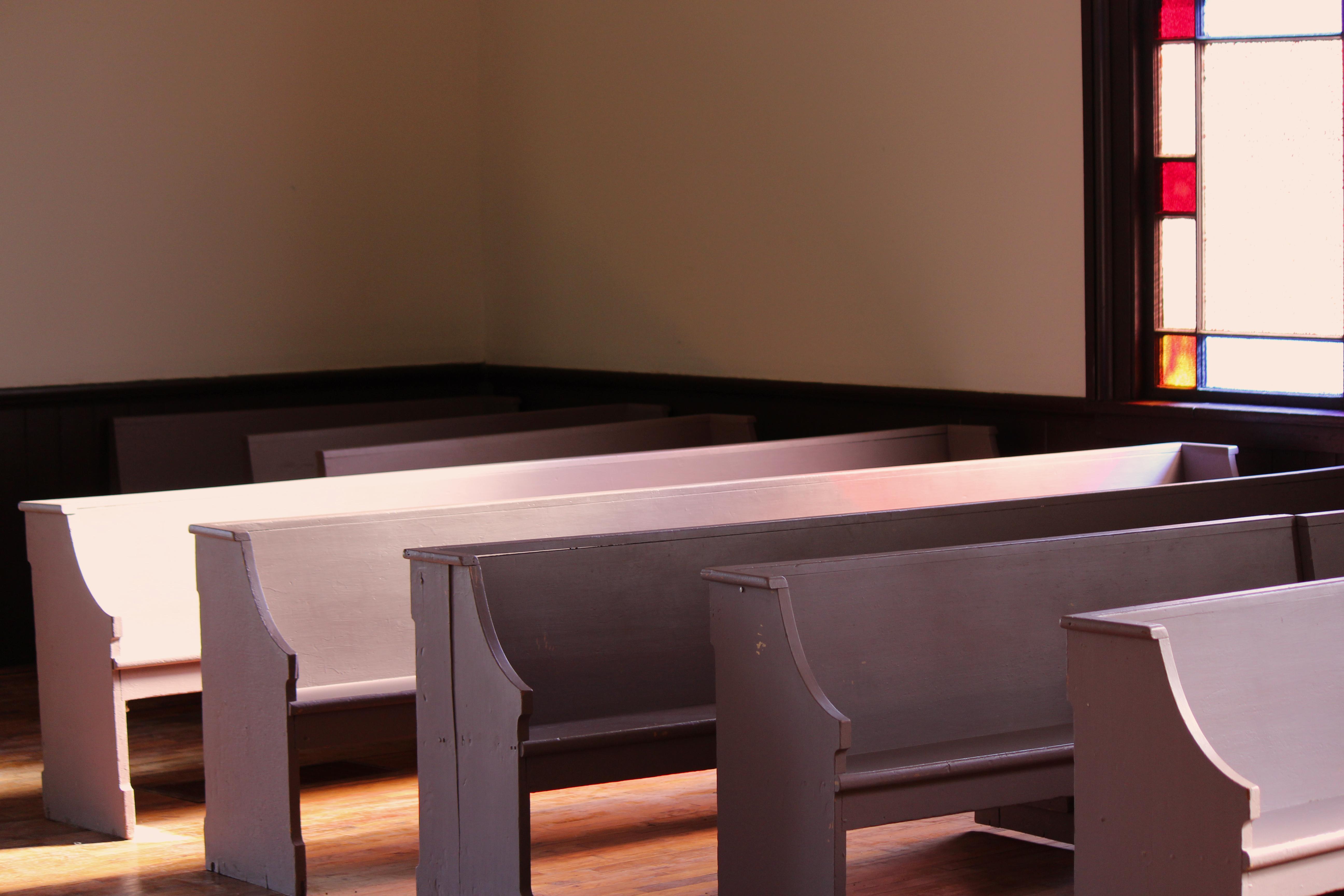By George Reed, Retired Executive Director
I came to North Carolina in 1978 to work with the Baptist State Convention after completing a law degree and becoming a member of the NC State Bar. As a result, I have fielded a lot of questions over the years explaining – or trying to explain – to churches what they can and cannot do regarding candidates for public office. I had never until the last year or so heard the term “Johnson Amendment.” And I hadn’t known until a couple of years ago that the ban on electioneering had been introduced in the US Senate by Lyndon Johnson years before he become Vice-President and then President.
I suspect that this subtle insertion of Johnson’s name is a clever effort by those who want churches more involved in politics to reframe the electioneering ban and shift the focus from its contents to its lineage. For many, Lyndon Johnson is not among our nation’s most revered Presidents: he was a hardball player politically; he got us deeply involved in Vietnam; he opted out of what would have been a difficult reelection campaign in 1968. And, in what is still remembered negatively by some, he was the Southerner who pushed for and then signed the Civil Rights Act of 1964 and the Voting Rights Act of 1965.
Johnson introduced the electioneering ban in a majority-Republican Senate in 1954. It was accepted without debate, and the resulting law was signed by Republican President Dwight Eisenhower. So, if we are going to tar the electioneering ban with Lyndon Johnson’s name, let’s also include the Republican Senate, Republican House, and Republican President in the tarring.
NC Council of Churches’ Executive Director Jennifer Copeland delivered a powerful message at last Saturday’s HKonJ about the real dangers of opening the door to providing tax deductibility to those who contribute to a church but designate the gift for a political candidate. As she notes, there is no other place for an individual contributor to get tax-deductibility for a contribution to a political candidate. As she also suggested, imagine the conflict within churches if they could endorse candidates for office. (How would that go in your church or denomination? Who would make that decision? Would everybody agree? How would debate and disagreement be handled?)
Until last year’s election, we may have thought of this as a conflict between Democrats and Republicans, progressives and conservatives. But, as a recent news article notes, the Southern Baptist Convention is feeling the conflict between its conservative evangelicals who both opposed and supported Donald Trump for President. Some are threatening to withhold their funding to the denomination because of one denominational leader’s suggestion that Trump’s personal morality might not be up to conservative Christian standards.
Two last points, at least for now: 1) The electioneering ban does NOT prohibit churches from supporting or opposing candidates for elected office. It prohibits them from accepting the various tax benefits of being a tax-exempt organization and then supporting or opposing candidates. If they want to support candidates, they can give up their tax-exempt status and do it. 2) While the ban’s opponents don’t mention it, it should be noted that the electioneering ban applies not just to churches but to other faith communities and, very significantly, to all 501(c)(3) nonprofits. Included in that categories are many schools, universities, hospitals, environmental groups, the arts, nonprofits which build houses, groups advocating for people with disabilities, etc., etc.
President Trump recently told the National Prayer Breakfast that he will “totally destroy” (“repeal” would be the technical term, and he can’t do it unilaterally) the Johnson Amendment. It’s a terrible idea, and tying it today to Lyndon Johnson is just another manipulative dog whistle.

